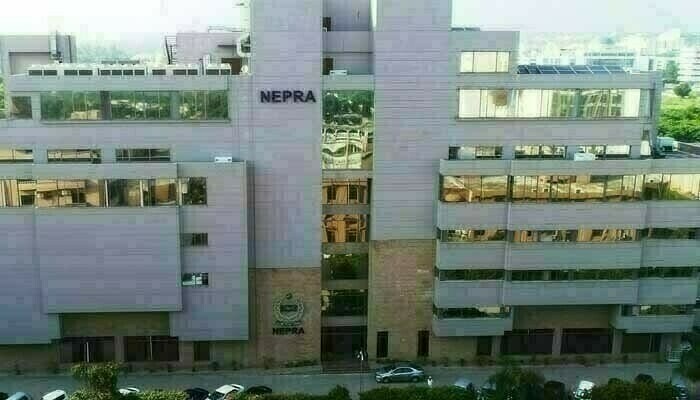ISLAMABAD: The National Electric Power Regulatory Authority (Nepra) is navigating a complex legal and regulatory challenge following a recent decision by the Nepra Appellate Tribunal concerning the tariff classification of cold storage facilities in the country.
The Tribunal has directed the Nepra that based on a consensus reached between the parties, any applications filed by appellants must be decided promptly and in accordance with the law, ensuring that all stakeholders are given a chance to be heard.
Nepra, in its majority decision dated December 23, 2024, stated: “The Authority is of the considered view that cold storage facilities do not meet the criteria laid out in the consumer-end tariff determinations for the application of the industrial supply tariff. Therefore, all Discos, including K-Electric, are directed to classify all cold storages under the commercial tariff category, as already notified in the tariff terms and conditions dated July 25, 2022.”
The Authority further clarified that the commercial tariff applies to offices and establishments engaged in commercial activities, while the industrial tariff is reserved for entities involved in manufacturing, value addition, or processing of goods. Cold storages, Nepra noted, typically serve retail chains, food distributors, and restaurants by storing goods such as fruits, vegetables, dairy, and meat without any processing or transformation, merely maintaining freshness until sale. As such, they do not qualify for industrial classification.
Chairman Nepra Waseem Mukhtar, in his note, explained that Member (Tariff) (now resigned) was on leave at the time of the decision, and with Members (Technical) and (Law) dissenting, he exercised his casting vote as presiding officer under Section 5(4) of the Regulation of Generation, Transmission and Distribution of Electric Power Act, 1997 (XL of 1997) to finalise the decision.
In his dissent note, Member (Technical) Rafique Ahmad Shaikh argued that cold storages engaged in large-scale processing, value addition, or long-term preservation, particularly in agriculture, food, and pharmaceutical sectors, should be classified under the industrial tariff. He proposed a differentiated approach: cold storages involved in short-term retail distribution without significant value addition could remain under the commercial tariff, while industrial-scale operations should receive industrial classification. He also warned that a blanket commercial classification could unfairly burden a key sector of the economy.
Member (Law) Amina concurred that the tariff terms require a facility to engage in manufacturing, value addition, or processing to qualify for industrial rates. However, she argued that cold storages do perform value-adding activities by using advanced technology to preserve the physical, chemical, and nutritional properties of perishable goods, similar to processing. She also pointed out that in many jurisdictions, such as the United States (California, New York, Texas), India, the Netherlands, and Poland, cold storage facilities are considered industrial due to their energy-intensive nature.
Nepra’s decision was challenged by 108 cold storage operators before the Nepra Appellate Tribunal in the case titled Javed Iqbal Ch s/o Mushtaq Ahmad Prop M/s Ever-Green Cold, etc. vs. Federation of Pakistan, etc. The Tribunal’s decision, issued on April 16, 2025, has been forwarded to Nepra and three Distribution Companies (Discos) for implementation.
The judgment—signed by Tribunal Chairman Zafar Ullah Khan Khakwani and Member (Electricity) Salman notes that the appellants challenged Nepra’s December 23, 2024 decision rejecting their complaints over the reclassification of their tariff from industrial to commercial by LESCO.
During the hearing, the appellants’ counsel submitted a government notification (No.1 (42)/2005-Inv-III of February 6, 2025) from the Ministry of Industries and Production declaring the warehousing sector, including cold storage, as an “industry”. They argued that this resolved their core grievance, though they still sought refunds for excess charges paid under the commercial tariff.
Nepra’s legal counsel acknowledged that in light of the notification, the appeal had become infructuous. After brief consultations between both sides, Nepra’s counsel undertook that if the appellants filed formal applications, Nepra would decide them promptly and in accordance with the law, allowing all stakeholders a fair hearing.
Accordingly, the Tribunal ruled the appeal infructuous but emphasised that Nepra is expected to act swiftly on any applications filed, consistent with legal procedures and stakeholder participation.
Sources say Nepra now finds itself in a tricky position, especially since the Tribunal attributed specific commitments to its legal counsel. While an appeal against the Tribunal’s decision is under consideration, no final decision has yet been made.
Copyright Business Recorder, 2025


